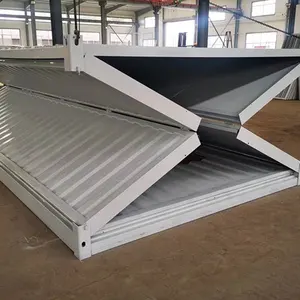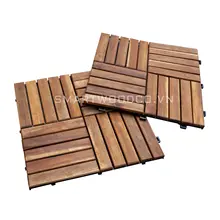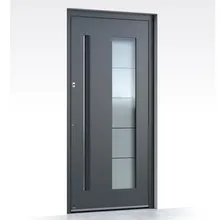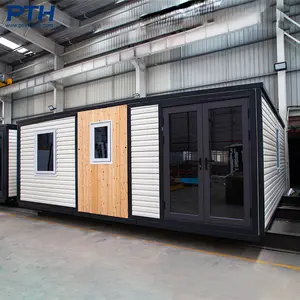A diverse range of modular containers tailored to various needs and preferences are available. Among the offerings are expandable container houses, which provide flexible living spaces that can be adjusted according to user requirements. These expandable units often come in standard sizes like 20ft and 40ft, offering a balance between portability and spaciousness.
For those seeking a more permanent solution, prefabricated modular homes are available, designed for comfort and durability. These homes range from single-bedroom units suitable for individual living to larger three-bedroom designs that cater to families. The modular design allows for easy assembly and disassembly, making them a practical choice for those who may need to relocate.
The versatility of modular containers extends to commercial applications, with options such as mobile offices, cafes, and even luxury hotel pods. These units are designed to be plug-and-play, ensuring a quick setup process. For businesses, this means the ability to establish a professional space with minimal downtime.
In addition to living spaces, there are also specialized modular containers like portable toilets with water tanks, which are essential for outdoor events or construction sites. The inventory includes both luxury and basic models to suit different budgets and use cases.
Lastly, the platform features unique designs like the space capsule mobile homes, which are not only functional but also aesthetically pleasing. These futuristic units are an example of how modular containers can be both practical and innovative, providing solutions that defy traditional construction methods.














































 浙公网安备 33010002000092号
浙公网安备 33010002000092号 浙B2-20120091-4
浙B2-20120091-4